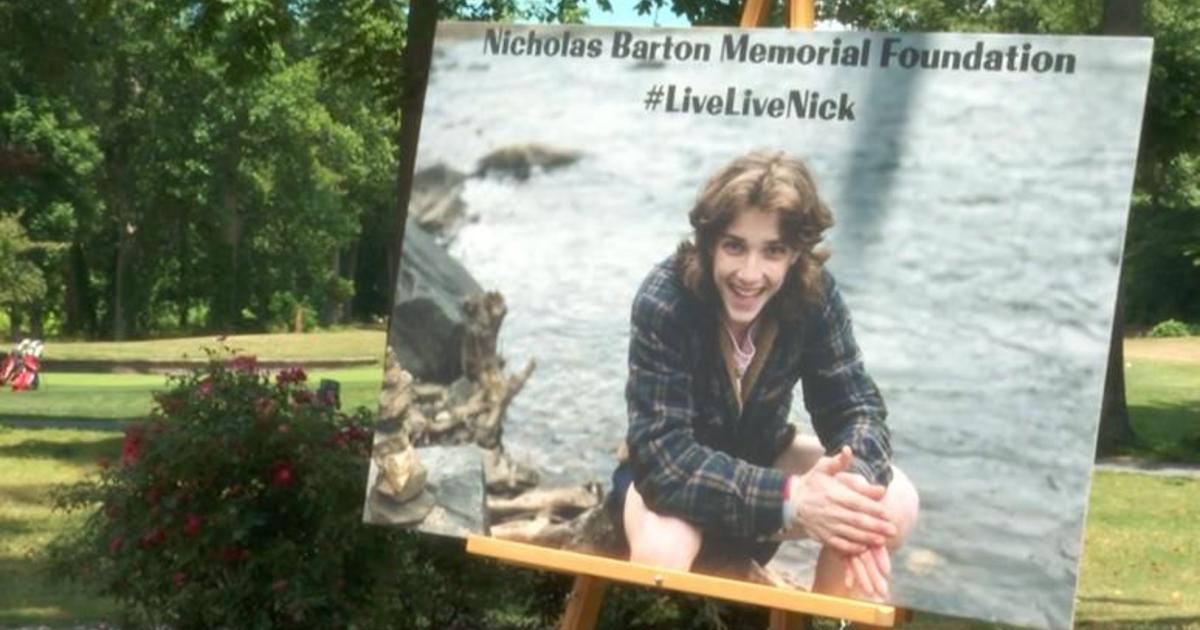House Passes Bill Criminalizing 'Revenge Porn'
ANNAPOLIS, Md. (AP) -- The Maryland House of Delegates on Friday unanimously passed a bill making it a misdemeanor to post so-called "revenge porn" online.
Of several competing versions submitted this year, the House Judiciary Committee chose a bill by Del. Luiz Simmons, a Montgomery County Democrat. It sets the penalties at two years in prison and a $500 fine.
Simmons said this bill's chief purpose is to scare off would-be offenders: "If anybody pulled two years in jail, they certainly wouldn't want to do it again."
He said revenge porn, the practice of posting an ex-lover's nude photos on the Internet, can destroy victims' reputations and follow them for years, including into job searches. Sometimes no way exists to reverse the damage.
Del. John Cardin, a Baltimore County Democrat running for attorney general, submitted a similar bill with stiffer penalties: a felony charge, five years imprisonment and a $25,000 fine. On Friday afternoon, he called Simmons' bill a "great piece of legislation" but said he preferred his own version.
"Of course, I think the penalties should be greater," he said.
Simmons' bill initially set the penalty at one year in jail before an amendment raised it to two years. The bill now goes to the Senate.
The measure would cover any image of a person that causes "serious emotional distress" when another person maliciously posts it online, whether or not the image is nude. A prosecutor would have to demonstrate that a defendant posted the photo with the intent of causing harm.
Simmons said the challenge was giving prosecutors a law they could actually enforce without running afoul of the First Amendment.
"I do think the bill, if it passes, will be a model for the United States," he said.
Simmons said his legal practice has received a huge number of calls from revenge porn victims this past year. Under Maryland's current law, victims can sue offenders for claims like invasion of privacy but can't seek criminal charges.
California and New Jersey are the only states that have criminalized the practice, but Simmons believes their laws may come under fire for violating the First Amendment.
(Copyright 2013 by The Associated Press. All Rights Reserved.)



